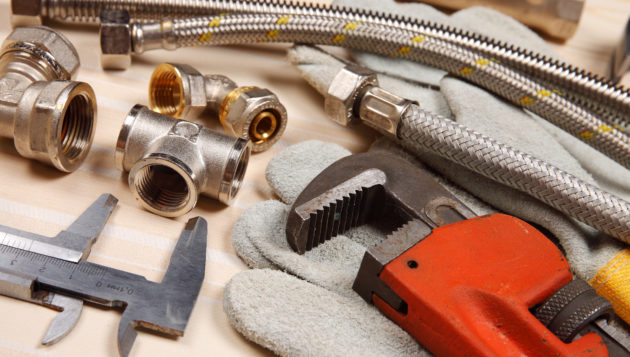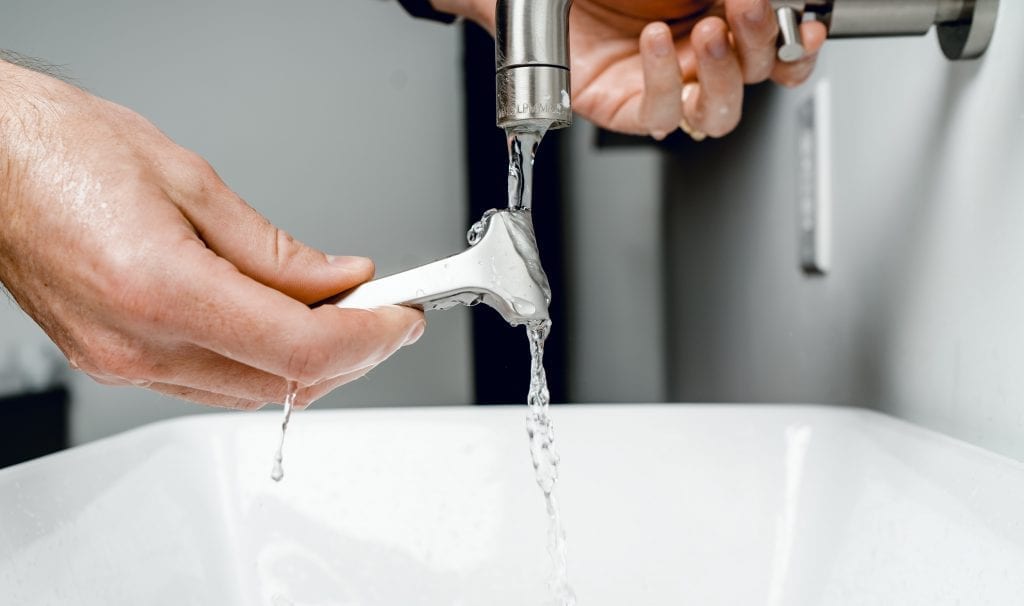Clever Strategies to Secure Your Pipes in Cold Weather
Clever Strategies to Secure Your Pipes in Cold Weather
Blog Article
Just about everyone may have his or her own way of thinking on the subject of How to Prevent Frozen Pipes.

All house owners that reside in pleasant climates have to do their finest to winterize their pipes. It is something you have to do during autumn before deep winter months absolutely starts. Failure to do so can spell catastrophe like icy, fractured, or burst pipelines. If the weather exterior is shocking, right here are some convenient winterizing hacks to maintain your plumbing system protected even.
Try a Hair Clothes Dryer or Warm Weapon
When your pipes are almost freezing, your trusty hair dryer or warm weapon is a blessing. If the warm towels do not aid dislodge any kind of working out ice in your pipes, bowling hot air directly into them may aid. Do not use other objects that produce straight fires like an impact lantern. This can lead to a bigger catastrophe that you can not regulate. You may wind up harmful your pipelines while trying to melt the ice. As well as in the long run, you might even end up burning your home. Beware!
Open Up Closet Doors Hiding Plumbing
When it's cold outside, it would certainly be handy to open cabinet doors that are concealing your pipes. They might be somewhere in your kitchen or shower room. This will enable the warm air from your heater to distribute there. Because of this, you avoid these revealed pipes from cold. Doing this small technique can maintain your pipelines warm as well as restrict the potentially dangerous results of freezing temperatures.
Require Time to Cover Exposed Pipeline
One simple as well as great hack to warm up cold pipes is to wrap them with warm towels. You can cover them first with towels. After securing them in place, you can put boiling water on the towels. Do it gradually to let the towels soak up the fluid. You can also make use of pre-soaked towels in hot water, just don't forget to wear safety handwear covers to protect your hands from the warmth.
Turn On the Faucets
When the temperature declines and also it appears as if the frigid temperature will last, it will help to turn on your water both inside your home and also outdoors. This will keep the water streaming through your plumbing systems. You'll finish up throwing away gallons of water this means.
Shut Off Water When Pipelines are Frozen
If you see that your pipes are entirely icy or nearly nearing that phase, turn off the main water valve immediately. You will usually locate this in your basement or laundry room near the heating unit or the front wall closest to the street. Turn it off as soon as possible to stop additional damage.
Don't forget to shut outside water resources, as well, such as your connection for the yard residence. Doing this will stop extra water from filling out your plumbing system. Sadly, with even more water, even more ice will certainly pile up, which will ultimately lead to rupture pipes. If you are unsure about the state of your pipelines this winter, it is best to call a professional plumber for an inspection. Taking this proactive strategy can conserve you thousands of dollars out of commission.
All property owners that live in pleasant environments need to do their finest to winterize their pipes. Failure to do so can lead to calamity like frozen, broken, or ruptured pipelines. If the hot towels do not help displace any type of working out ice in your pipes, bowling warm air directly into them might assist. Turn off the major water valve instantly if you see that your pipes are entirely frozen or nearly nearing that stage. With even more water, even more ice will certainly pile up, which will at some point lead to rupture pipes.
PREVENT YOUR PIPES FROM FREEZING THIS WINTER
A Leading Cause of Property Damage
When the weather is taking a deep nose dive into the cold dreary days, the risk of your pipes freezing and potentially bursting skyrockets. Unfortunately, during these cold dreary months, burst pipes are the most common denominator for property damage. The pipes that are most at the risk are those that are in areas where it is most cold in your home. For instance, pipes located in interior places such as basements, attics, and your garage. Unfortunately, that doesn’t mean that the pipes running through your cabinets or exterior walls can’t freeze. Good news, however, is that you can do things to help prevent pipes from freezing.
How to Prevent Pipes From Freezing
Once the temperature starts to drop during the winter, you should be taking the proper measures needed to ensure that your pipes stay warm and that there is circulation of water through them. Some steps that experts may recommend could go against your better judgement when it comes to saving water and heat. However, it would go without saying that when expenses are compared, damaged pipes could put a bigger dent in your wallet than a water bill.
What Can I Do?
Keep your garage door closed. This is very important, especially if you have water supply lines running through your garage. Open your kitchen and bathroom cabinets to allow warm air to circulate through them. Allow air circulation throughout your home. Keeping the interior doors open will once again allow the warm air to circulate inside your home. Ensure your thermostat is running the same temperature throughout the night and day. If you plan to be away from home during the cold months, set your temperature no lower than 55° F. This should provide enough heat to keep the pipes warm and prevent any remaining water inside the pipes from freezing. For more of a long-term solution, add insulation to attics, basement, and other crawl spaces around your home. By allowing your faucet to drip, it will alleviate pressure in the system. This is important because the pressure that is created between the blockage and the faucet can potentially cause the pipes to burst. Allowing the faucet to drip will prevent the pressure from building up, therefore keeping the pipes from bursting. Seal any cracks, openings, and crawl spaces around your home to prevent cold air from coming inside. This keeps your pipes-not to mention your home-warmer and less susceptible to issues caused by freezing temperatures. For the pipes in your home that are easily accessible, applying electrical tape to them might prevent them from freezing over. This is a quick fix, as you can apply the tape directly to the pipe. There are two options for heating tapes. One turns on and off by itself when it senses heat is needed. The other type of heating tape needs to be applied when heat is needed and removed when not necessary. If you have exposed pipes in your home, you can check this website to take a look at a few options that would be available at a shop near you.

We were made aware of that report about How to Prevent Frozen Pipes through a good friend on a different site. Loved our blog posting? Please share it. Help someone else locate it. Thanks for your time. Visit us again soon.
Visit Homepage Report this page